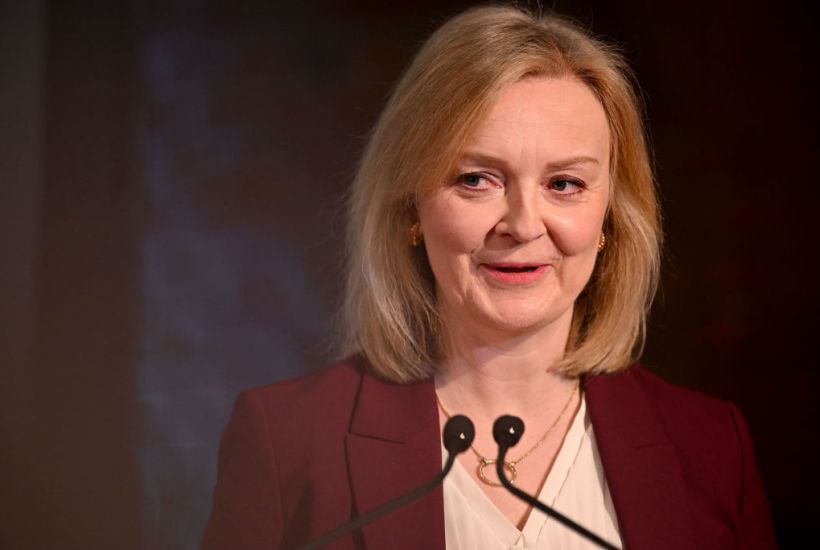She’s back. Liz Truss is in the headlines once more this week ahead of tomorrow’s publication of her book Ten Years to Save the West. Part memoir, part cri de coeur, it tells the tale of her ten years in government and the lessons she learned about being, in her words, ‘the only conservative in the room.’
Already a subscriber? Log in
Subscribe for just $2 a week
Try a month of The Spectator Australia absolutely free and without commitment. Not only that but – if you choose to continue – you’ll pay just $2 a week for your first year.
- Unlimited access to spectator.com.au and app
- The weekly edition on the Spectator Australia app
- Spectator podcasts and newsletters
- Full access to spectator.co.uk
Or





















Comments
Don't miss out
Join the conversation with other Spectator Australia readers. Subscribe to leave a comment.
SUBSCRIBEAlready a subscriber? Log in